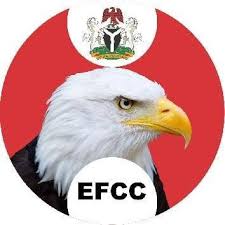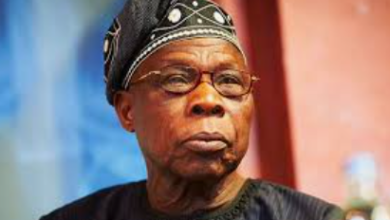EFCC To Monitor Local Government Spending as Direct Funding Kicks Off In November

The move to begin direct allocation payments to Nigeria’s Local Government Areas (LGAs) represents a major step toward enhancing local government autonomy and reducing the influence of state governments over federal allocations intended for LGAs. Scheduled to start in November 2024, this shift aims to enforce a Supreme Court mandate from July affirming that state governors can no longer control or withhold funds meant for local councils.
This development follows a legal challenge led by the Attorney-General of the Federation (AGF), Lateef Fagbemi, and the Federal Government. The lawsuit contested the governors’ long-standing practice of receiving and withholding federal funds intended for LGAs and unilaterally dissolving democratically elected local councils. The AGF argued that the Nigerian constitution requires elected local councils and prohibits caretaker committees as an alternative governance model. On July 11, 2024, the Supreme Court ruled in favor of local government financial autonomy, asserting that it is unconstitutional for governors to manage or withhold LG funds. Additionally, the court ordered the Accountant-General of the Federation to remit allocations directly to the accounts of the 774 LGAs across the country.
However, this implementation has been delayed due to concerns regarding salary payments and operational challenges. The Federal Government granted a three-month moratorium, and an inter-ministerial committee was formed in August to oversee the policy’s rollout. The committee, led by Secretary to the Government of the Federation, George Akume, includes key figures such as Finance Minister Wale Edun and CBN Governor Olayemi Cardoso. It aims to support the LGAs’ autonomy by ensuring funds reach them directly without interference from state governments.
Resistance from some state governors, however, remains a hurdle. Hakeem Ambali, President of the National Union of Local Government Employees (NULGE), recently expressed cautious optimism, noting that payments would likely commence in November, pending final arrangements to secure the policy. He mentioned the need to avoid any loopholes, given ongoing resistance efforts, such as those seen in Abia State. To smooth the transition, the Ministry of Budget and National Planning recently convened technical sessions with stakeholders.
In parallel, the Economic and Financial Crimes Commission (EFCC) has pledged to track and monitor how LGA funds are spent, in line with its recent expansion across Nigeria. EFCC Chairman Ola Olukoyede emphasized the agency’s commitment to prosecuting any LG official found misappropriating funds, underlining the vital role that direct funding could play in enhancing development at the local level and reducing poverty in rural areas.
With LG elections mandated by an October 31 deadline, failure to comply could result in federal fund withholding for defaulting states. As the policy nears full implementation, the National Association of Local Government in Nigeria (ALGON) and other stakeholders remain vigilant.



